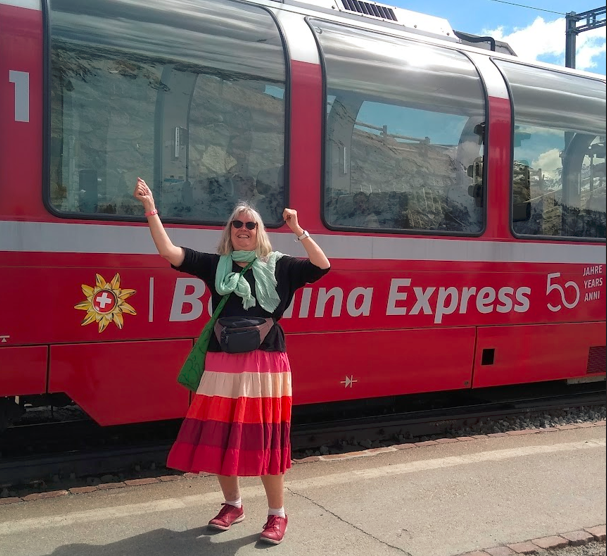Mbarara High School ICT Club introduces Beta Home Interlocking Blocks

The population of Uganda is growing at a rate of 2.8% to 3.5% per year. We find ourselves in a situation where there is an insatiable need for cheaper more affordable housing to accommodate the growing population.

Our rising population increases the demand for natural resources like limestone and sand used in building construction. Given the fact that most natural resources are not renewable, it is highly likely that with the increased demand, these resources are getting scarce and may get depleted faster if we cant minimize their use or complement them. This paired with the negative effects that mining these resources causes to the environment, We find ourselves in a situation where acquiring housing will we be expensive mainly due to the scarcity of these resources leaving the majority homeless.

Mbarara High School ICT Club solution to this challenge is an Innovation called Beta home construction. This aims at making housing cheaper by incorporating single-use plastics into the manufacture of interlocking blocks. The team is solving SDG 11.1 which says “by 2030, ensure access for all to adequate, safe and affordable housing and basic services, and upgrade slums”

The ICT club Vision is to foster the development of eco-friendlier innovations in the construction sector to ensure the conservation of biodiversity. Our mission is to provide cheap affordable housing for the masses without compromising the existing state of the natural environment.
The objectives of the project are to provide cheap affordable housing for the masses without compromising the existing state of natural environment. To foster the development of eco-friendlier technological innovations within the construction sector. To advocate for the development of technical skills among the youth.
The team working on this project is made up of Amanya Moses (S6), Ahumuza Bill (S6), Tashobya Treasure (S5), Mutungi Ray (S2), Ahurira Arnold (S2). Three are 3 teachers on the project led by Barugahare Jimmy (Patron)
Why single-use of Plastic
As beta home construction, we look at plastic as a necessary resource one whose role in the development of our communities is very important due to its various qualities. Plastic is the perfect complement to these natural recourses is in abundant supply is readily available in most regions and is cheap to attain.
Incorporating single-use plastic waste into the manufacture of these blocks will repurpose millions of tonnes of plastic taking it away from the natural environment where it is causing harm.
The Production Process
These are made by grinding plastic to a fine form and then mixing it in specified ratios with murram in a custom-made specialized mixer that applies heat to the mixture and conveys it to the brick press. The press applies heat and pressure. To cause bonding of the plastics and enable forming of the final shape of the block. These are cost-effective and cheap to produce due to the abundance of plastic and Marrum. The process is fully automated requiring very little human intervention.

Why BETA Home Interlocking Blocks?
Unlike other similar technologies beta home actually traps MICRO PLASTICS and stops them from leaking into the environment. Our production process also limits emissions that come from heating plastics made possible by the specialized press. It also employs the use of more sustainable forms of energy including biogas and solar technology
Benefits of Beta Home Interlocking blocks .
They cut down costs of building construction making housing more affordable for the masses, this will make renovation of necessary infrastructure cheaper. They reduce the number of microplastics leaking into the environment. Provide employment to the youth. Promote technical skills and increase the uptake of ICT tools.





